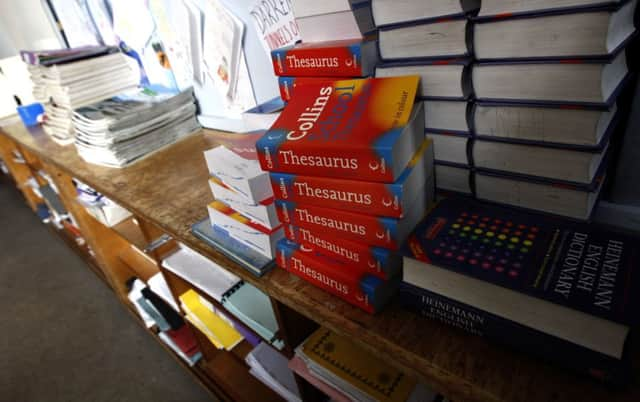State ownership of schools '˜could cut education costs'


Nearly all the funding to build and run the system already comes from the taxpayer, according to a review for the Integrated Education Fund (IEF).
It said there was a general consensus that Area Based Planning had not worked well.
Advertisement
Hide AdAdvertisement
Hide Ad“Rationalisation could include a study of the feasibility of the transfer of school property into common ownership by the state.
“Apart from revealing any cost benefits from an economic perspective, this could have benefits in terms of removing anomalies between different school sectors and emphasise education as a common public good for the benefit of all.”
It said this might include a similar process to the Forum for Pluralism and Patronage in the Republic, where steps have been taken to encourage transferring ownership to the state.
The review was carried out by the Unesco Centre at Ulster University for the IEF late last year.
Advertisement
Hide AdAdvertisement
Hide AdIt analysed legislation, policy and practices within the existing education system where change might lead to better integration.
Education is provided by Catholic, controlled, integrated and other sectors. Integrated caters for seven per cent.
The first conclusion of the report was that there may be a case for more thorough analysis of ownership and financing of the school estate.
In the Republic the forum was established in the primary sector. However, the Catholic Church has been unwilling to hand over schools to another patron.
Advertisement
Hide AdAdvertisement
Hide AdThe report questioned how much it would cost to roll out shared education, where children from different schools come together for some classes, to every school.
“So far there has been little analysis of how shared education will be mainstreamed after the initial tranches of philanthropic and European funding run out.”